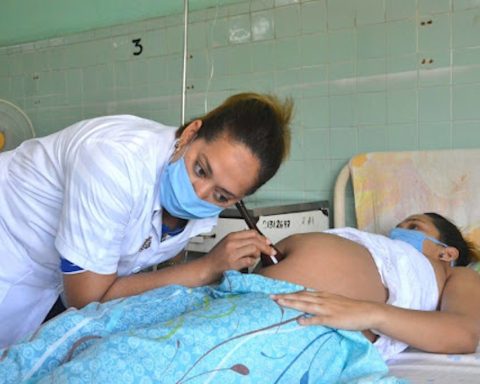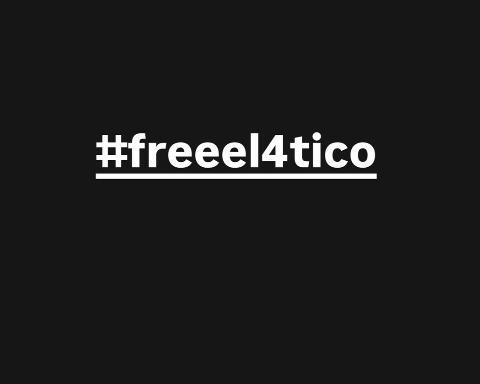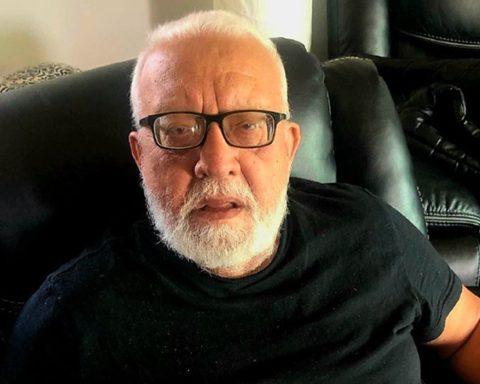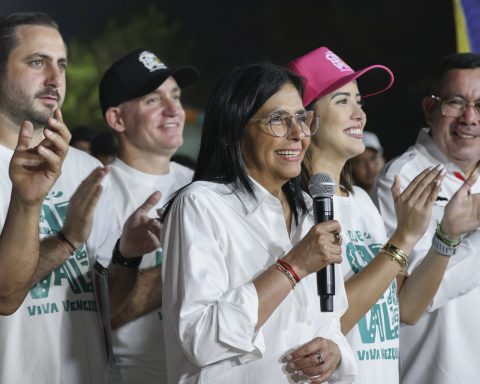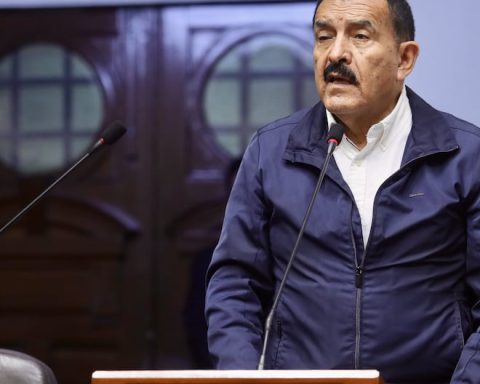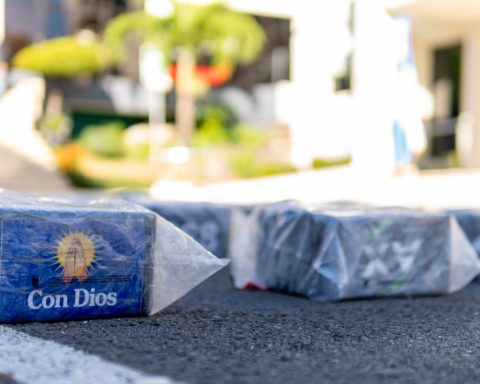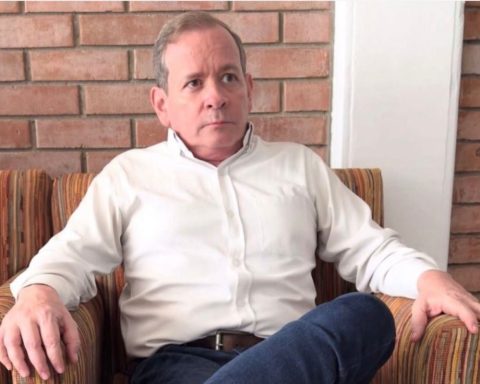MIAMI, United States. – A report (still pending approval) presented at the 80th General Assembly of the Inter-American Press Association (IAPA), held in Córdoba, Argentina, denounces the worrying increase in repression against independent journalism in Cuba, which includes cases of harassment psychological, arrests and summonses with State Security.
According to the report, which was cited by the EFE agencythis “umpteenth offensive” intensified in September, right in the middle of the electoral process in the United States, which appears to be a recurring tactic of the Cuban regime to weaken civil society.
“The umpteenth offensive against independent journalism [en Cuba] “It was unleashed in September in the form of summonses, preceded by different measures of psychological harassment by the authorities,” highlights the document presented by the IAPA. This pattern of repression is seen as an attempt to silence unofficial journalists in a context of growing political tension.
One of the most alarming cases exposed in the report is that of Mayelín Rodríguez, a young woman sentenced in May to 15 years in prison for “interviewing and transmitting videos about two girls beaten by agents of the Ministry of the Interior” during a protest in Nuevitas in the middle of the blackouts that affected the area.
In addition to the arrests and convictions, the report indicates a discredit campaign directed against the independent Cuban media The Touch. According to the document, the government propaganda apparatus has blamed this portal for influencing the depreciation of the Cuban peso against the dollar and the euro in the informal market, accusations that the medium has categorically denied.
The report also documents the arrests, attacks and interrogations suffered by journalists from CubaNet as Camila Acosta and José Luis Tan Estrada. Likewise, he denounces the closure of the digital music magazine Magazine AM:PM due to “harassment by State Security.”
Finally, the IAPA report emphasizes the Social Communication Law which came into force in Cuba at the beginning of October. According to the IAPA, this rule “strengthens the repression of press freedom” by completely ignoring unofficial media.
The regulation, the first of its kind in more than 70 years, regulates both commercial advertising and digital phenomena, including influencersand sanctions the political alignment of the media authorized by the State. Non-governmental organizations and independent media have expressed their rejection of this law, arguing that it seeks to censor any content that contradicts the official narrative and leaves independent digital media without protection.


